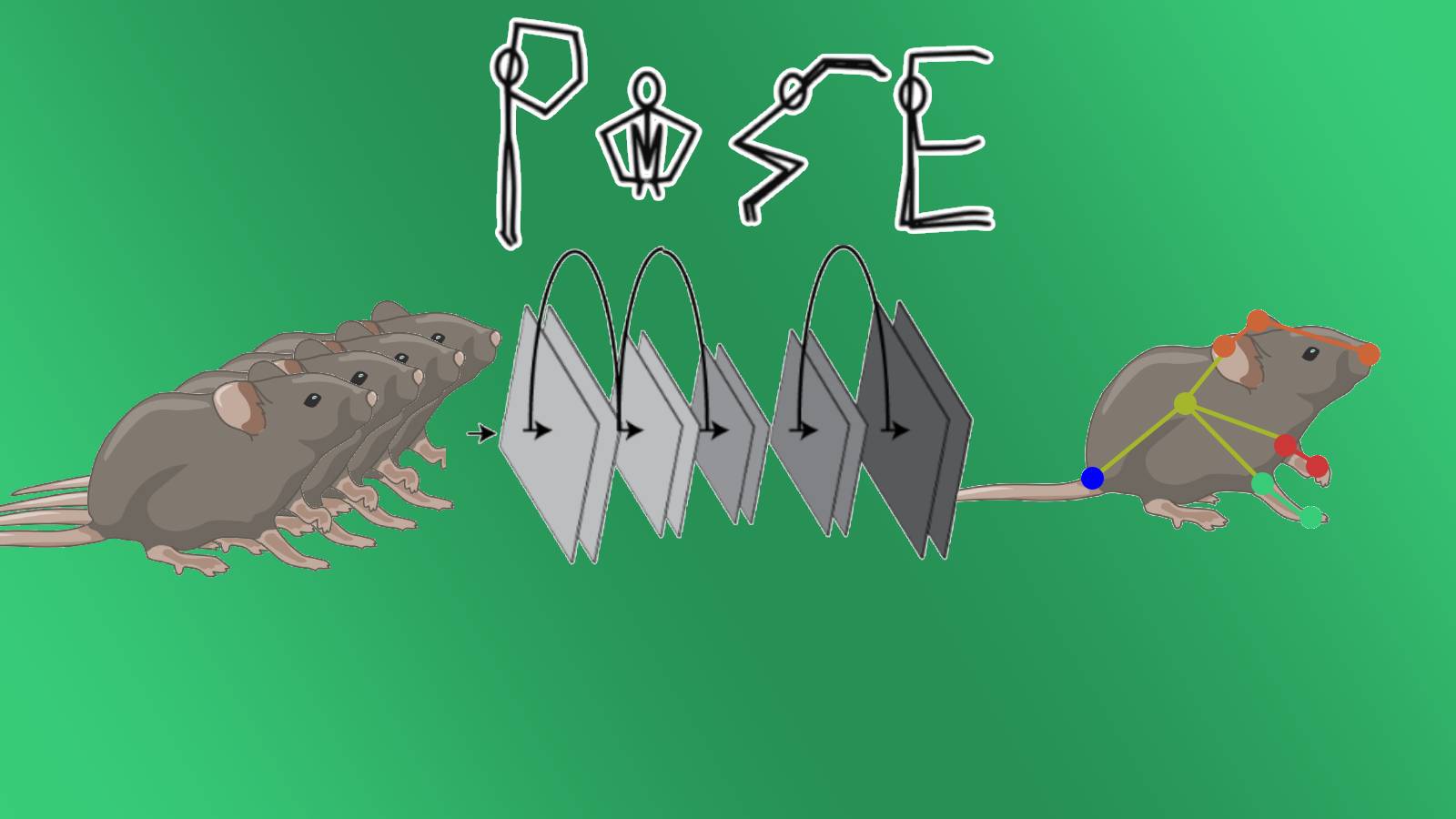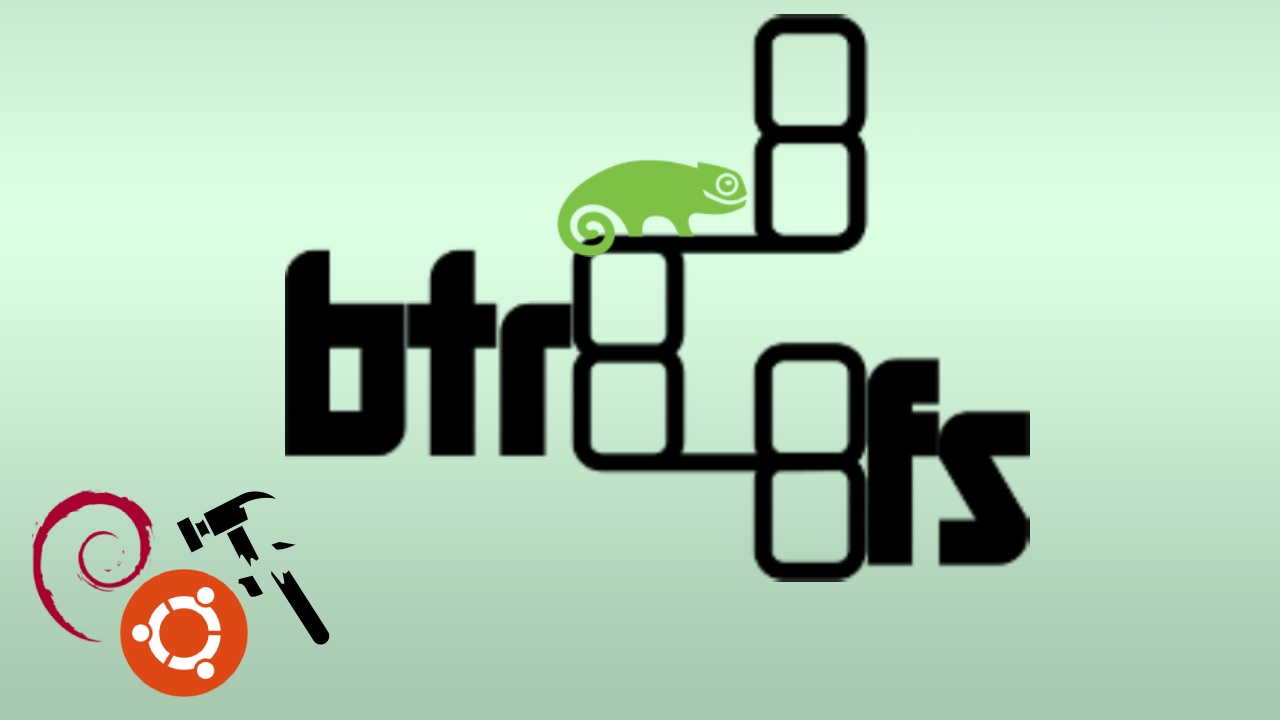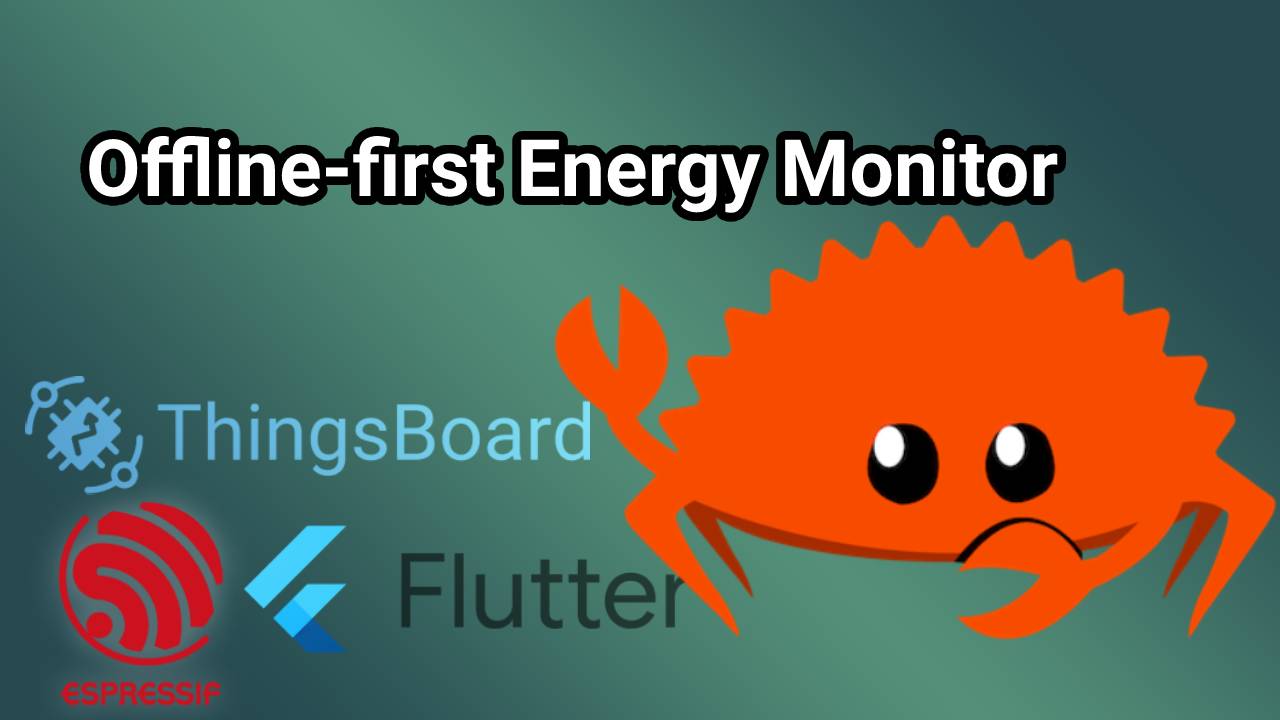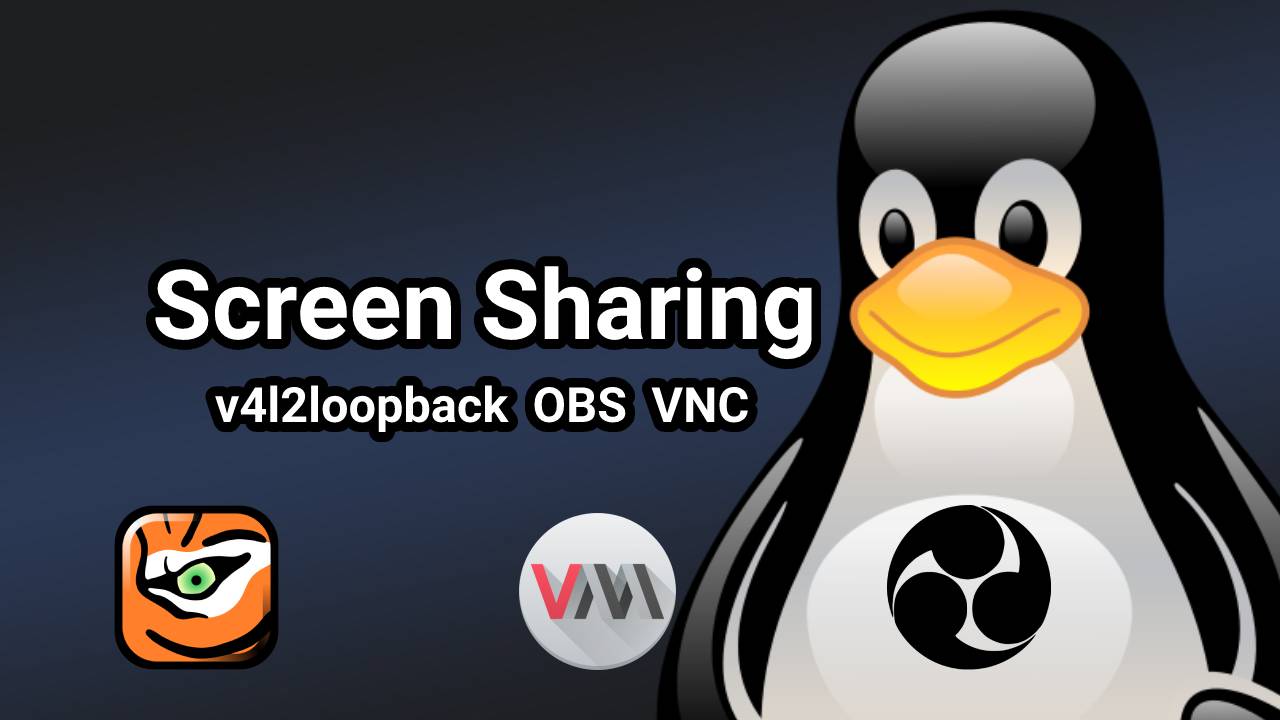Asynchronous programming allows the development of services that can handle millions of requests without saturating memory and CPU utilization. Support for asynchrony is usually baked into the programming language; we take a look at async support in Rust, a type-safe and memory-safe systems programming language that guarantees safety at compile time using rules that eliminate many issues prevalent in traditional languages. We take a peek at the inner workings of Tokio, an asynchronous runtime for Rust that provides scheduling, networking, and many other primitive operations for managing asynchronous tasks....
 I am Arash Sal Moslehian, a computer engineer and neuroscientist. I write articles and guides about IT and brain sciences. Using the top bar, you can navigate the site by searching for keywords or browsing through categories and tags. Come and prance with the mad and the livid!
I am Arash Sal Moslehian, a computer engineer and neuroscientist. I write articles and guides about IT and brain sciences. Using the top bar, you can navigate the site by searching for keywords or browsing through categories and tags. Come and prance with the mad and the livid! I am Arash Sal Moslehian, a computer engineer and neuroscientist. I write articles and guides about IT and brain sciences. Using the top bar, you can navigate the site by searching for keywords or browsing through categories and tags. Come and prance with the mad and the livid!
I am Arash Sal Moslehian, a computer engineer and neuroscientist. I write articles and guides about IT and brain sciences. Using the top bar, you can navigate the site by searching for keywords or browsing through categories and tags. Come and prance with the mad and the livid!



